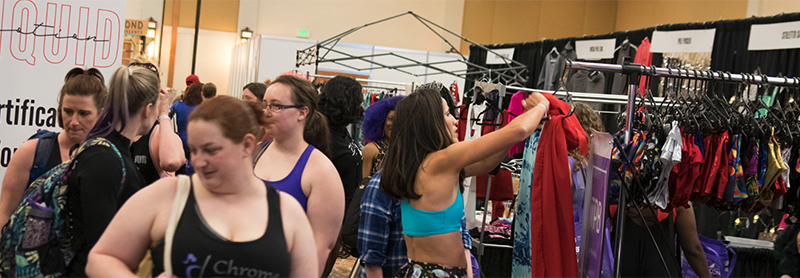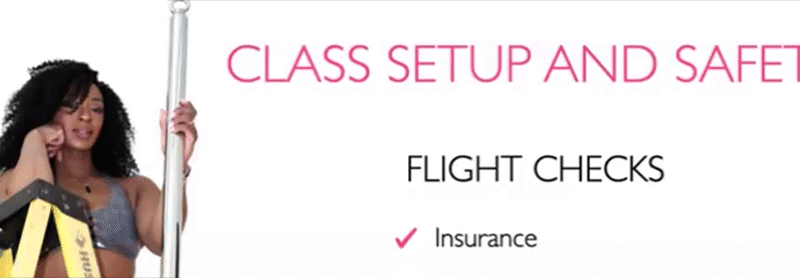A train-cation is a trip (usually away from home) where you focus for a specific…

Tax tips for pole-preneurs and other pole dancers: Understanding business travel deductions
*this information is adapted from the IRS newsletter Issue Number: Tax Tip 2023-15
*this information is about U.S. taxes
Whether you travel for pole once a year or once a month, figuring out travel expense tax write-offs might seem confusing.
The IRS has information to help all business travelers properly claim these valuable deductions.
Business travel tax basics
Business travel deductions are available when employees or contractors (what’s the difference, check out this post!) must travel away from their tax home or main place of work for business reasons. For a traveling pole dancer, this might be traveling away from your home studio or club to take a workshop, conduct a workshop, or participate in a competition or convention (like IPIA partner PoleCon). Legally, a taxpayer is traveling away from “home” if they are away for longer than an ordinary day’s work and they need to sleep to meet the demands of their work while away.
According to the IRS, travel expenses must be ordinary and necessary. They can’t be lavish, extravagant or for personal purposes.
If you have employees, you can deduct travel expenses paid or incurred during a temporary work assignment if the assignment length does not exceed one year such as having employees come help you work a booth at a convention or during a competition or if you have to pay people to travel for a photoshoot.
Travel expenses for conventions are deductible if attendance benefits the business. There are special rules for conventions (or things like pole camps or other educational opportunities) held outside North America.
Deductible travel expenses
- Travel by airplane, train, bus or car between your home and your business destination.
- Fares for taxis or other types of transportation between an airport or train station and a hotel, or from a hotel to a work location (like a Lyft or an Uber)
- Shipping of baggage and sample or display material between regular and temporary work locations.
- Using a personally owned car for business. (If this is travel is outside of your regular commute, such as to and from your regular studio or club)
- Lodging and meals.
- Dry cleaning and laundry.
- Business calls and communication.
- Tips paid for services related to any of these expenses.
- Other similar ordinary and necessary expenses related to the business travel.
Self-employed individual travel deductions
Those who are self-employed can deduct travel expenses on Schedule C (Form 1040), Profit or Loss From Business (Sole Proprietorship).
Well-organized records make it easier to prepare a tax return. Make sure to keep records such as receipts, canceled checks and other documents that support a deduction, especially if you are audited!
Do you want more tax tips? Please visit IRS.gov.



